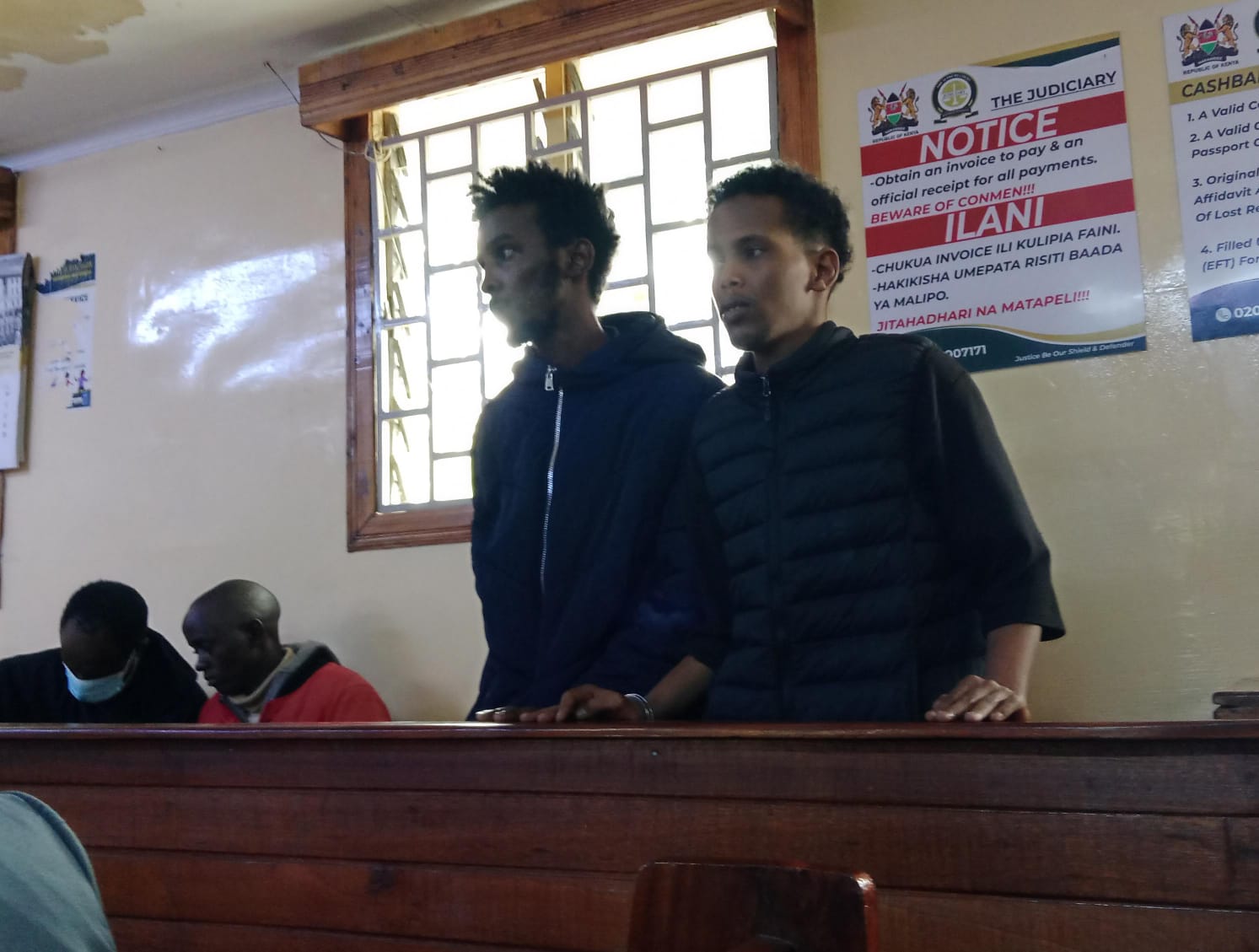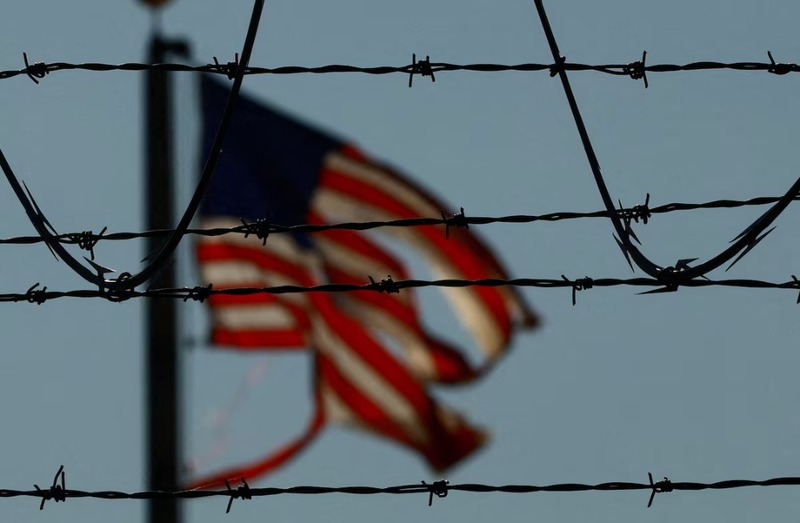UNICEF: 90 per cent of Gazan children lack food needed for proper growth

Months of hostilities and restrictions on humanitarian aid have collapsed the food and health systems, resulting in catastrophic consequences for children and their families
UNICEF said on Thursday that nine out of 10 children in Gaza could not eat nutrients from enough food groups to ensure their healthy growth and development.
"In the Gaza Strip, months of hostilities and restrictions on humanitarian aid have collapsed the food and health systems, resulting in catastrophic consequences for children and their families," UNICEF said.
More To Read
- Gaza is the ‘hungriest place on earth’, as Israel continues stranglehold on aid
- UK, France, Canada threaten sanctions against Israel over Gaza war
- Gaza ceasefire talks make some progress, Qatari PM says
- Palestinian Red Crescent says Israeli probe into Gaza aid workers' killings not enough
- Israeli military review into killing of Gaza aid workers finds 'professional failures'
- Church urged to break silence on Gaza crisis amid calls for justice
It said that five sets of data collected between December 2023 and April 2024 had found that 9 out of 10 children in the Gaza Strip, which has been pounded by an Israeli offensive since last October, are suffering from severe food poverty, meaning that they are surviving on two or fewer food groups per day.
"This is evidence of the horrific impact the conflict and restrictions are having on families' ability to meet children's food needs – and the speed at which it places children at risk of life-threatening malnutrition," UNICEF said.
Humanitarian supplies
Israel says it puts no limit on humanitarian supplies for civilians in Gaza and has blamed the United Nations for slow deliveries, saying its operations are inefficient.
But with pockets of famine emerging in Gaza, with some children dying from malnutrition and dehydration, even Israel's staunchest allies have increased pressure on it to do more to let in food.
In order to meet the minimum dietary diversity for healthy development, children must consume foods from at least five of the eight food groups defined by a dietary diversity score used by UNICEF and the World Health Organisation (WHO).
These include breastmilk, eggs, dairy products, and meat, poultry and fish, among other groups.
UNICEF said that globally, 27 per cent of children are living in severe child food poverty in early childhood, which amounts to 181 million children under the age of 5.
The offensive has killed more than 36,500 people in Gaza, according to Hamas health authorities.
Top Stories Today














































